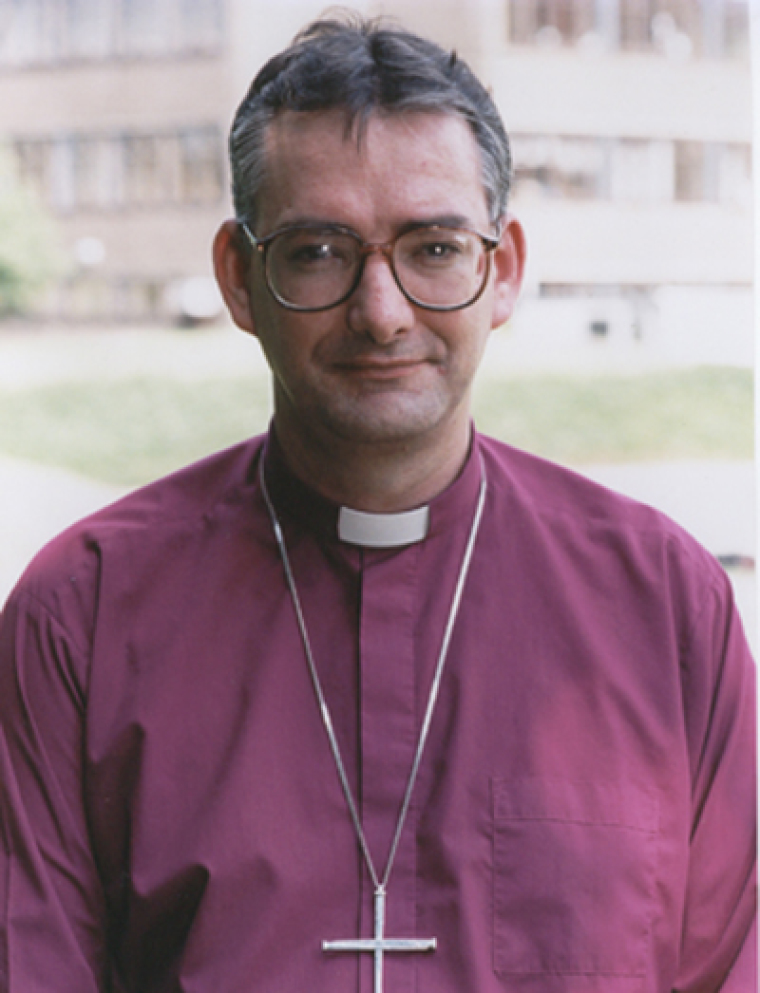
The court decision to allow women priests to become diocesan bishops has been welcomed by many Anglican dioceses across Australia, though they acknowledge that some will find it difficult to accept as it is being implemented.
The Melbourne Anglican Archbishop, Dr. Philip Freier, applauded the Appellate Tribunal – the Anglican Church's highest court – majority decision to pave the way for women clergy to be eligible for the office of Bishop.
The first Australian diocese to ordain women deacons in 1986, Dr. Freier said the ruling was 'clearly the next logical step' and it was supported by this diocese which has many able women in ordained ministry.
"Melbourne has many able women in ordained ministry," Dr Freier said, "and the Diocese has historically strongly supported women becoming bishops."
The Melbourne Anglican Archbishop support for the court ruling was also echoed by the Adelaide Anglican Archbishop, Jeffery Driver, and the Australian Anglican Primate, Brisbane Anglican Archbishop Dr. Phillip Aspinall, who both welcomed the decision.
Dr. Aspinall said the decision was a significant day in the life of the Anglican Church of Australia and from now the law permits a woman to become the diocesan bishop.
"This means that whenever there are vacancies in dioceses that have adopted the 1992 canon and whose own diocesan law permits it a woman can become a diocesan bishop," said the Brisbane Archbishop.
Writing in The Age news publication, Dr. Muriel Porter, a Melbourne representative on the Anglican General Synod, depicted the 'landmark' decision as the Anglican Church of Australia, "Finally recognising that women are truly equal."
There was dissension to the ruling. The Sydney Anglican Archbishop, Dr. Peter Jensen, described it as 'disappointing.' But, nonetheless, he acknowledged the decision would bring joy and thanksgiving to many within the Australian Anglican Church.
Despite the news being positively received in most dioceses, most Anglican Archbishops recognised some would have difficulty affirming it. So, the priority now is to give consideration to those who disagreed with the ruling.
Dr. Aspinall said the urgent priority of the Church now is to offer care to those who opposed the decision saying, "There will be some in our family who will be unhappy with this ruling and it is now our urgent duty to offer care for those who retain a conscientious objection to women bishops."
Dr. Freier, also agreed, stated the Melbourne diocese would be looking at ways to work with those didn't welcome the decision, as it is implementing the ruling.
'We will work at developing ways to make sure that those who do not welcome it will feel that their views are understood, as we find ways of implementing this decision in our Diocese,' Dr Freier said.
Archbishop Driver, though welcoming the decision, said he would have preferred the decision to be made by the General Synod.
The Synod will have an important part to play, as it meets next month, where it should now consider how to provide for those who disapproved of the decision, said Archbishop Driver.
In a majority decision the Tribunal has ruled that there is nothing in the Church's Constitution that would prevent the consecration of a woman priest as a diocesan bishop in a diocese which by ordinance has adopted the Law of the Church of England Clarification Canon 1992. Not every diocese has done so.
The ruling impacts only on diocesan bishops and not assistant bishops most of whom are elected and confirmed under provisions of the Assistant Bishops' Canon 1966 which seems to retain the requirement for candidates to be male.
One of the central issues in the ruling allowing women to become diocesan bishops concerned the definition of 'canonical fitness'. In the Church's Constitution, adopted in 1962 it was clear at that time canonical fitness included a requirement for 'maleness.'
The 'maleness' requirement was removed in a process that began in 1989 when a canon (church law) was passed that amended the Constitution to redefine 'canonical fitness.' The canon came into effect in 1995 after 75% of dioceses, including all metropolitan dioceses, adopted it.